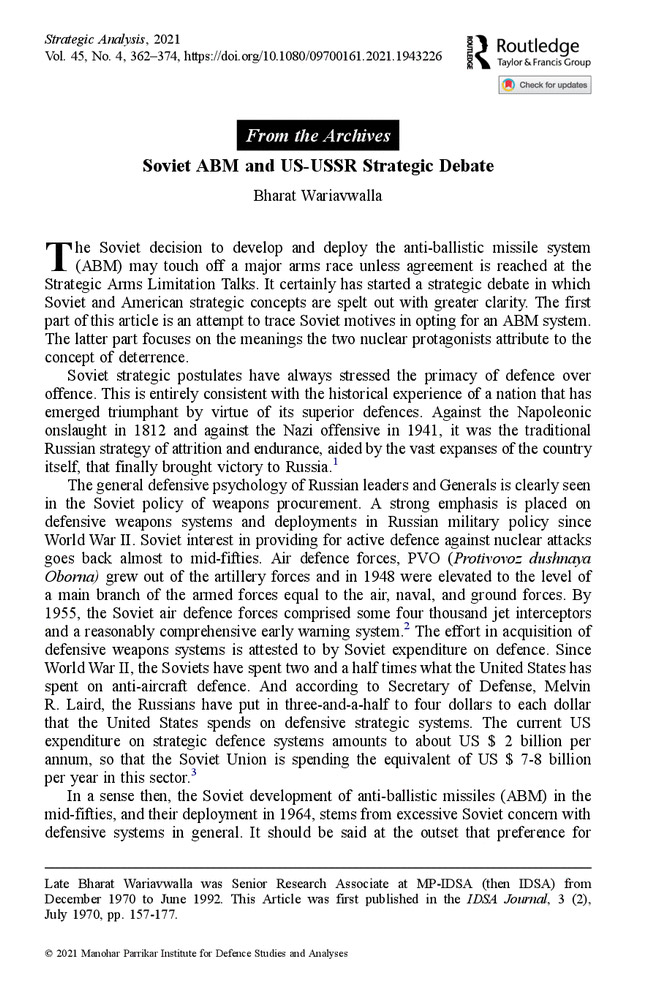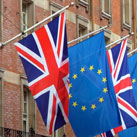Bharat Wariavwalla

Bharat Wariavwalla is an Honorary Fellow at the Centre for the Study of Developing Societies, Delhi.
Publication
Modi and the Reinvention of Indian Foreign Policy
Ian Hall, Bristol University Press, Bristol, UK, 2019, 236 pp., £75.00 (Hardback), ISBN 978-1529204605
- Published: May 2020
Now The Right in Berlin: The German Elections of 2017
The CDU’s likely coalition partners are the Green Party and the Free Democrats. Such a coalition can work because all partners share a common design on European Unity and socio-economic policies at home.
- Published: September 26, 2017
Britain and the European Union: Exit Now, Re-enter Later
The EU needs Britain and Britain equally needs Europe. So, an arrangement that exists today between EU and Norway could well be a model for Britain.
- Published: June 14, 2017
A Defining Moment for France and Europe
Two clashing visions of France were before the French voters. They chose, with many reservations, Macron and rejected Le Pen, but not wholly, for, her opposition to the EU, in some measure, enjoys the support of a sizeable section of French society.
- Published: May 09, 2017
Thinking with Kissinger about World Order
In tranquil times or troubled times reflective persons have asked why our world is where it is today. E. H. Carr wrote about the troubled years between the two world wars. The years of the Soviet–American confrontation, made frightfully deadly by the possession of nuclear weapons by the two antagonists, prompted many scholars and statesmen to think of the different kinds of world order that could spare humanity a nuclear holocaust.
- Published: May 2016
State, Secularism and Democracy
Democracy has spread spontaneously and swiftly in an area of the world generally thought to be immune to political changes: West Asia and North Africa (WANA). An incident of common occurrence in Third World countries—a policeman extorting money from a fruit vendor—sparked this surge for democracy, which spread rapidly from the Mediterranean to the Red Sea in some two months. On December 17, 2010, a fruit vendor, Mohammed Razzack, set himself on fire to protest against a policeman extorting money from him.
- Published: May 2014
Name of the Game Is Interdependence
Lawrence Summers, United States President Barack Obama's chief economic advisor and formerly secretary of treasury in the second term of the Clinton administration, once said that there was a ‘balance of financial terror’ between the US and its financial creditors, primarily China and Japan. Today, China, holding some $800 billion in US treasury bonds and some $2 trillion worth of currency reserves wields financial terror against the US.
- Published: July 2010












